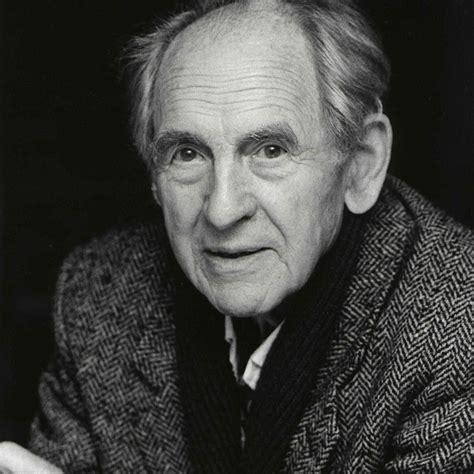A Quote by Steve Scalise
We're going to try to solve problems for everyday people.
Related Quotes
Solving the population problem is not going to solve the problems of racism, of sexism, of religious intolerance, of war, of gross economic inequality. But if you don't solve the population problem, you're not going to solve any of those problems. Whatever problem you're interested in, you're not going to solve it unless you also solve the population problem. Whatever your cause, it's a lost cause without population control.
Teaching and writing, really, they support and nourish each other, and they foster good thinking. Because when you show up in the classroom, you may have on the mantle of authority, but in fact, you're just a writer helping other writers think through their problems. Your experience with the problems you've tried to solve comes into play in how you try to teach them to solve their problems.
And I've come to the place where I believe that there's no way to solve these problems, these issues - there's nothing that we can do that will solve the problems that we have and keep the peace, unless we solve it through God, unless we solve it in being our highest self. And that's a pretty tall order.
There aren't enough professionals to solve the world's problems. There will never be enough doctors to solve the health problems of the world. There will never be enough teachers to solve the education problems of the world - illiteracy. There will never be enough missionaries to care and comfort and share the Good News. It has to be done by normal, ordinary people.
We are more than our problems. Even if our problem is our own behavior, the problem is not who we are-it's what we did. It's okay to have problems. It's okay to talk about problems-at appropriate times, and with safe people. It's okay to solve problems. And we're okay, even when we have, or someone we love has a problem. We don't have to forfeit our personal power or our self-esteem. We have solved exactly the problems we've needed to solve to become who we are.

































